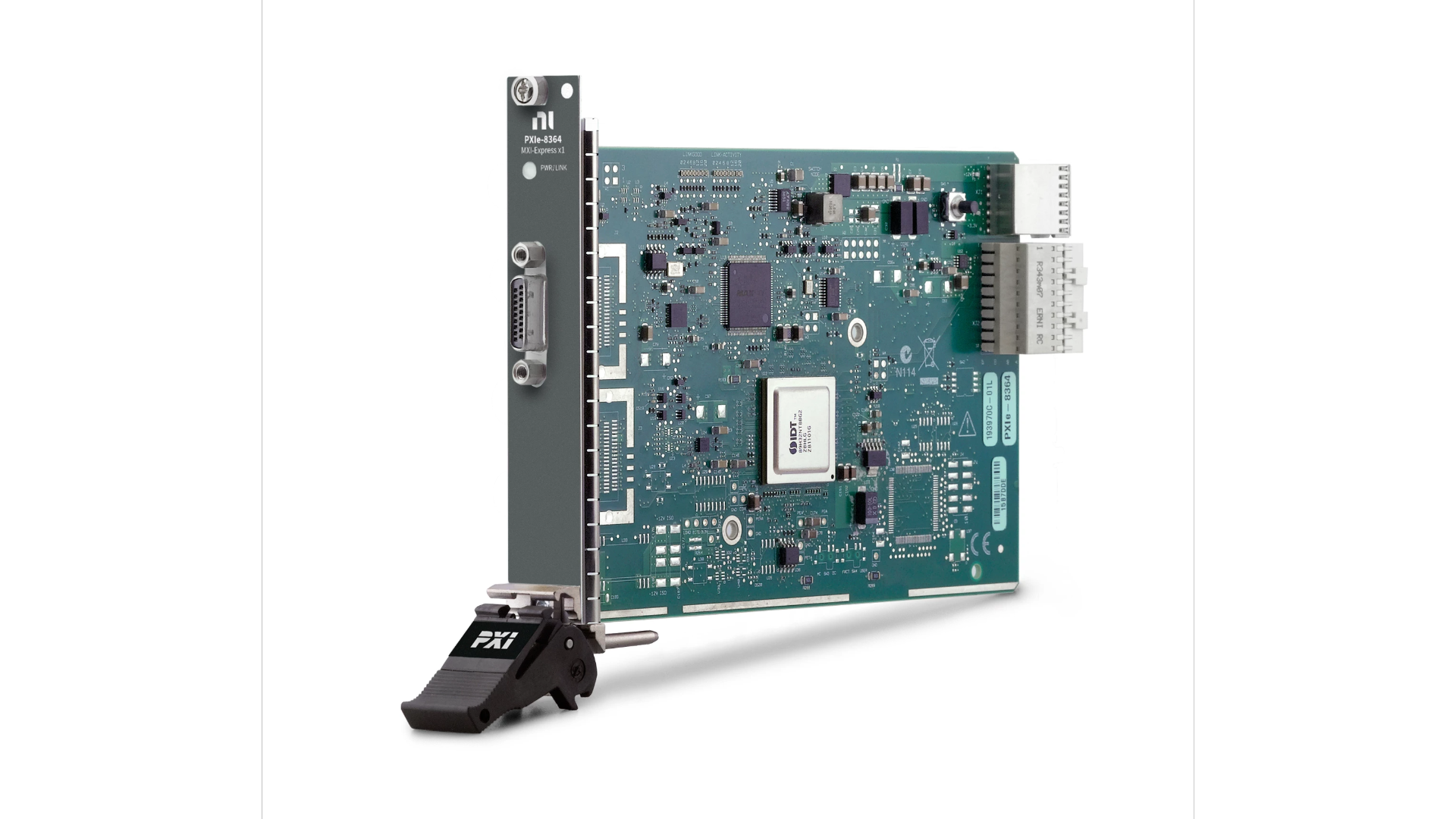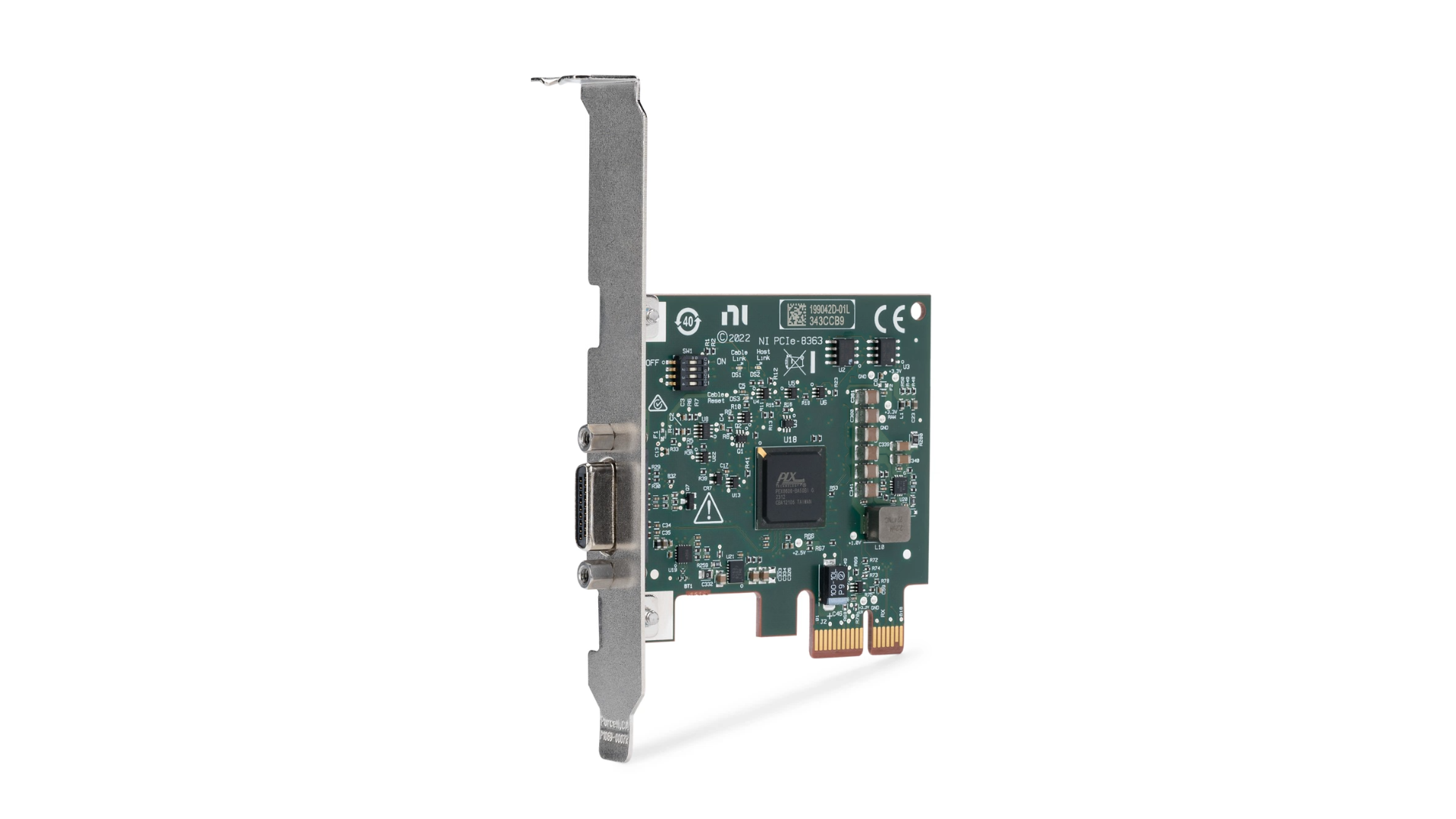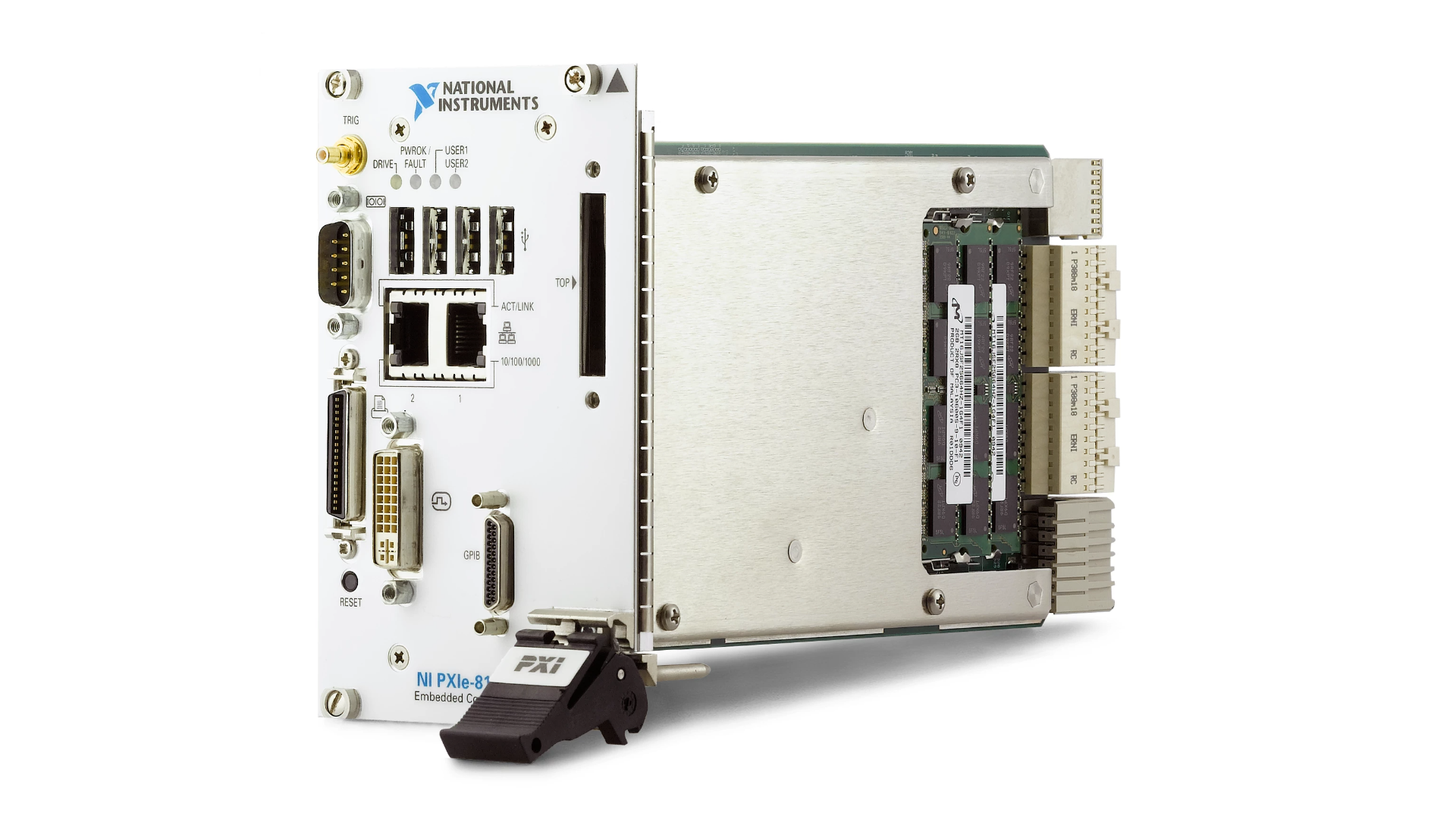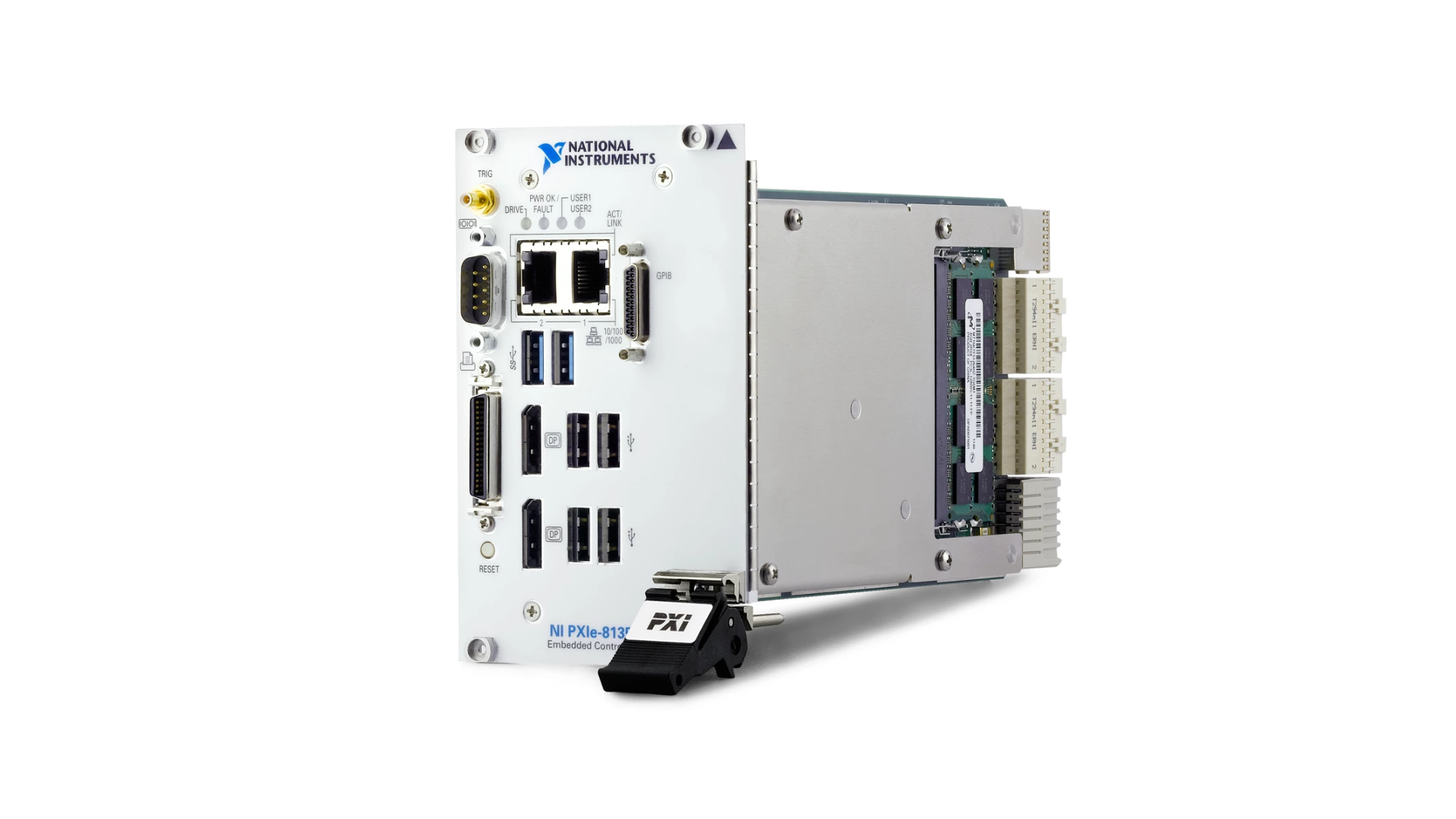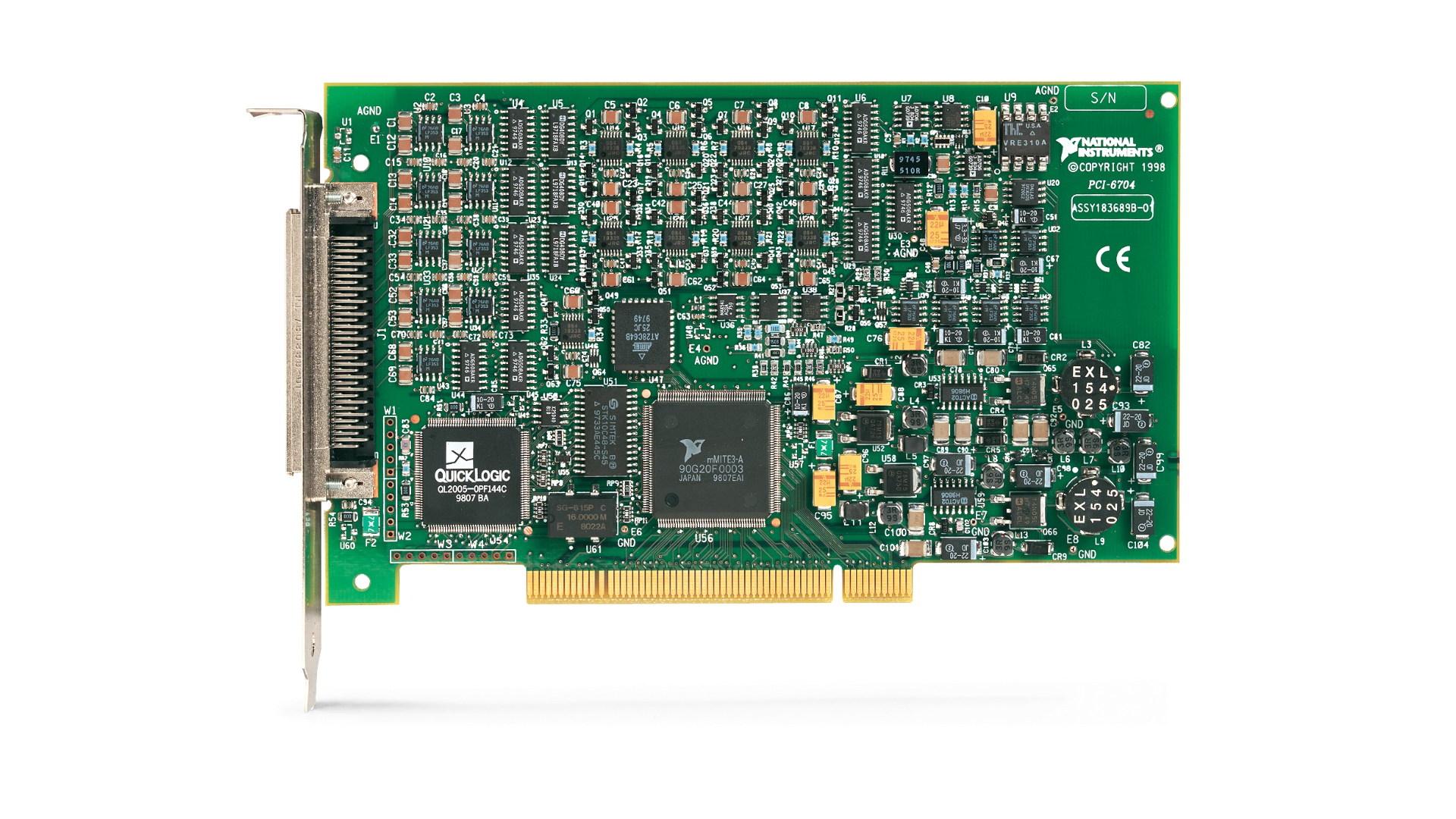Alipay "reconciliation"
Jun 26,2023

Under the general trend of interconnection among giants, another pair of former "enemies" have chosen to shake hands and make peace.
Recently, many users have discovered that by searching for Meituan within Alipay, they can directly use Meituan's charging treasure and food delivery services through the applet. The recent usage frequency of these two services on Alipay has reached 3 million and 4 million person-times respectively.
Three years ago, Meituan caused heated online discussions for "abandoning" Alipay, even leading to questions about suspected "two-choice-one" monopoly.
Now, with the changing times and shifting power, former enemies have chosen to make peace, reminiscent of Palmerston's famous saying: "There are no eternal friends, nor eternal enemies, only eternal interests."
Why must it connect with Alipay?
Judging from the launch of two Meituan applets within the Alipay ecosystem, Meituan is attempting to clear obstacles in the cost of using its products. Whether it's Meituan's charging treasure or food delivery service, they both focus on a usage scenario: customers using Alipay to scan codes for services in offline stores.
For a long time, Meituan products heavily relied on the WeChat ecosystem. Both food delivery and charging treasure services operated seamlessly within the WeChat ecosystem, providing a smooth user experience from scanning codes to payment.
In offline scenarios such as restaurants and shopping malls, Meituan can provide consumers with basic services like ordering food and checking out. However, in terms of tool access, Meituan needs to reduce user costs. Although the Meituan app has a large user base, it still lags behind WeChat and Alipay, which are considered to have the highest installation rates.
Allowing users to enjoy Meituan's services through Alipay has become a necessity.
Meituan's move also involves competitive considerations. Taking shared charging treasure products as an example, besides Meituan's charging treasure, there are well-known brands like Monster, Xiaodian, and Jie Dian in the industry. These products have all opened up Alipay usage and payment channels, and in many offline scenarios, they directly compete with Meituan's charging treasure in the same space.
In a highly homogeneous product market, the lack of a payment channel and access point may ultimately affect consumer choices.
After entering Alipay, the increase in Meituan's charging treasure is evident. Compared to "Monster, Xiaodian, and Jie Dian," Meituan's recent user usage is second only to Monster Charging's 5 million+ person-times.
For Alipay, the entry of Meituan's services is also very good news. For a long time, Meituan's products did not support Alipay payments. After entering through applets, Alipay will have the opportunity to directly tap into Meituan's hundreds of billions of annual transactions.
According to Spiral Lab's test, Alipay payments are now supported in independent apps such as Meituan and Meituan Waimai. However, because the entry point is still folded, its priority is lower than Meituan Pay and WeChat Pay.
Twelve Years of Enmity and Love-Hate Relationship
The love-hate relationship between Meituan and Alibaba has lasted for a long time, dating back to the "Hundred Regiments War." Many of their disagreements and conflicts centered on payment channel issues.
In 2011, Meituan founder Wang Xing actively approached Alibaba, hoping to obtain its support. After negotiations between the two parties, Meituan received a US$50 million investment from Alibaba in exchange for 12% of its equity and priority financing rights.
This funding and Alibaba's support successfully helped Meituan win the Hundred Regiments War. For the next three years, the two companies enjoyed a brief honeymoon period.
In 2014, WeChat Pay launched a surprise attack with its Spring Festival red envelopes, causing Alibaba and Alipay to feel unprecedented competitive pressure. They subsequently launched a siege and interception of WeChat Pay on multiple fronts, and the O2O market where Meituan is located was no exception.
Surprisingly, Meituan founder Wang Xing rejected Alibaba's request to make Alipay the sole payment channel for Meituan, citing lower payment rates from WeChat.
However, judging from later developments, Wang Xing valued not only WeChat Pay's low fees but also other support policies provided by Tencent. After all, in the later "New Meituan" merger, the major shareholder Alibaba did not approve, while Tencent actively promoted the merger of Meituan and Dianping.
In 2016, Alibaba withdrew from Meituan and acquired Ele.me, later vigorously supporting products like Koubei, Fliggy, and Taopiaopiao, not only parting ways with Meituan but also becoming competitors.
In 2020, Meituan removed Alipay payment, bringing the conflict between the two companies to the forefront. Wang Xing stated on Fanfou: Why doesn't Taobao support WeChat Pay? WeChat Pay has more active users and lower transaction fees than Alipay.
It is worth mentioning that in the eyes of Meituan founder Wang Xing, Alipay itself also has other special meanings. Because before Alibaba's IPO, Jack Ma spun off Alipay without the approval of Alibaba's board of directors.
In a later interview, Wang Xing stated that Jack Ma's actions on Alipay caused lasting damage to the reputation of Chinese business leaders globally. He even directly pointed out "Jack Ma has integrity issues."
Looking back at the multiple clashes between Meituan and Alibaba, one might have thought that their conflict was irreconcilable. However, now that they have re-accepted each other, one cannot help but feel that "there are only eternal interests."
Previous:


